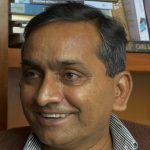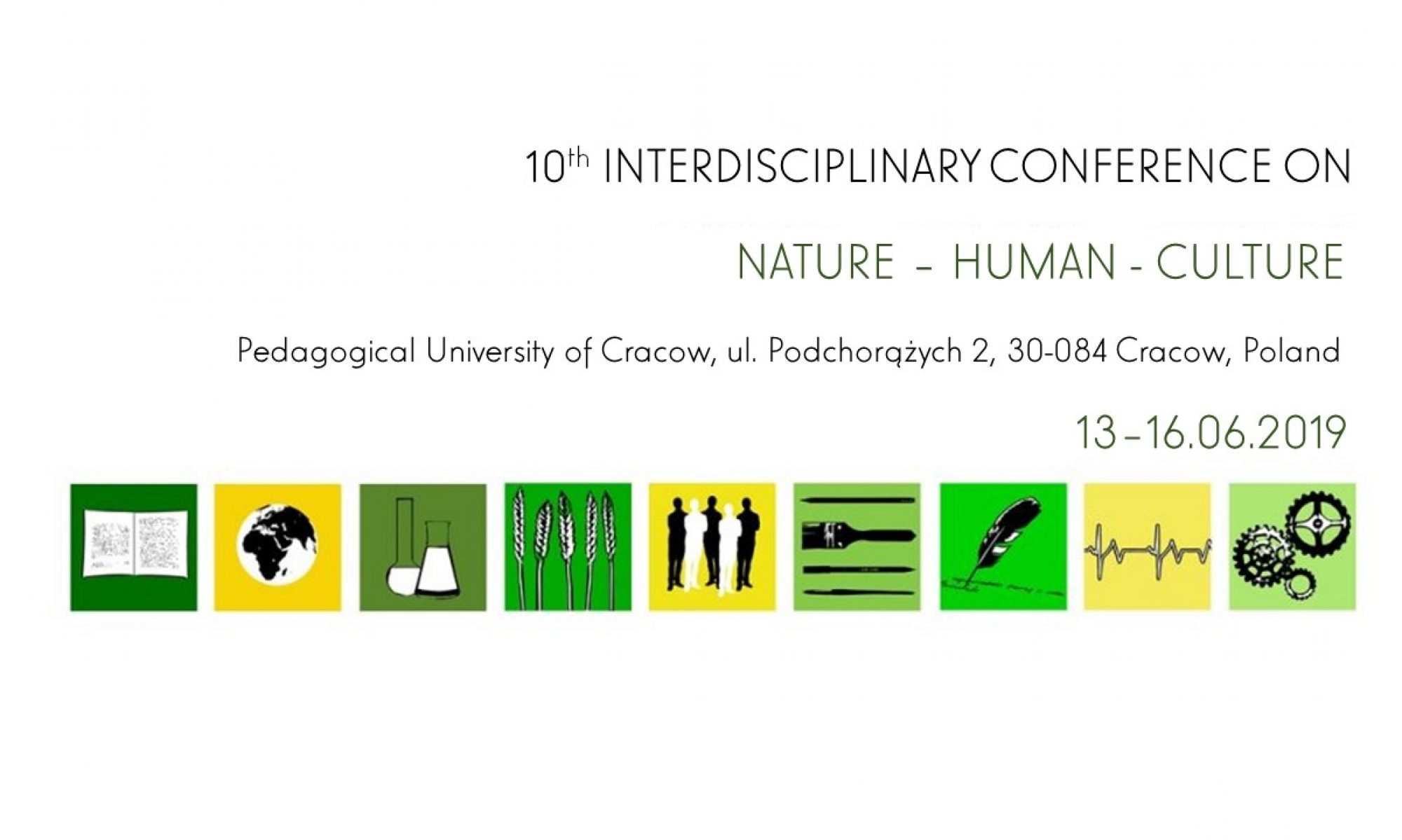
Associate Dean, Faculty of Mathematics, Sciences and Engineering, Pannasastra University of Cambodia, Phnom Penh, Cambodia
Prof. Dr Pahlaj Moolio is a mathematical economist. He studied mathematics, statistics, and economics at the University of Sindh (Pakistan) and the University of Chittagong (Bangladesh), completing his PhD in mathematical economics in 2011. After lecturing in the Public School of Hyderabad (Pakistan), he taught in the University for Education and Development and the University of Management and Economics in Battambang (Cambodia), before joining the Pannasastra University of Cambodia in 2008, where he is now Professor and Associate Dean in the Faculty of Mathematics, Sciences and Engineering. Dr Moolio is invited to serve as DAAD (German Academic Exchange Program) visiting professor at the Ruhr University Bochum in Germany (April – September 2019).
His areas of research included poverty, foreign aid, foreign investment, monetary policy and migration, with an overarching interest in social capital building for sustainable development. His ongoing research interests in the field of migration also earned him a SIDA funded research project under the SHAPE-SEA Research Program (2016-2017), involving research in 5 countries in the ASEAN region. He is author/co-author of 16 research papers and two books.
Moreover, he has served as a member and activist of Minority’s Rights Commission of Bangladesh (1997-2002) and a member of the Board of Directors of Santitham Education and Development Foundation in Thailand (2004-2008), as well as he is a founding member and chair of the Academics Stand Against Poverty (ASAP) Cambodia Chapter, and member of ASAP Global Board of Directors. He has been on scientific committee of Nature – Human – Culture conference in Cracow since 2015.
https://www.youtube.com/watch?v=ZfyI8Amqh1A
https://www.youtube.com/watch?v=Omw-DcYq1UE
Abstract: Challenges and hopes in a changing world
The keynote speech will discuss some of the factors or forces that are a sort of shaping the world we live in, and they are going to have a great influence on a kind of world that we will have in the future; and therefore ramifications or implications of these factors or forces to the changing global economy. Analyzing the uneven growth in the global population and human migration in many regions of the world and their impacts on emerging global economy on the one hand, and highlighting some of the changes that have already been taking place in the global economy in terms of transformation and communications due to the globalization on the other hand, the speech will bring together these two aspects/forces to speculate basically two scenarios as the ways for future global sustainable development.
